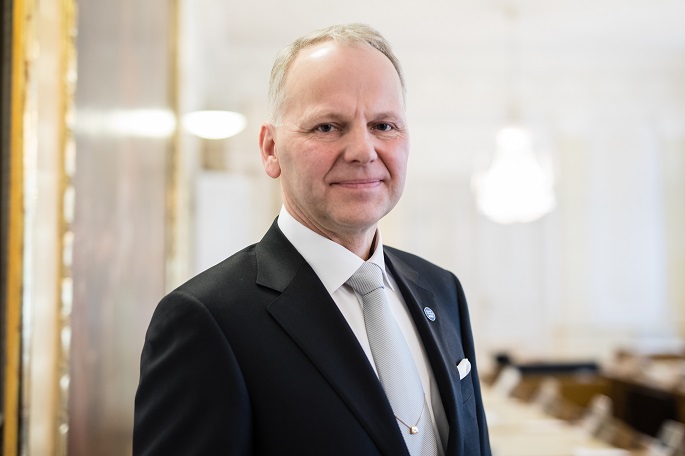EU meeting on CAP
Leppä underscores profitability of farming
Published : 31 Jan 2018, 01:45
Updated : 31 Jan 2018, 10:30
A fair level of income for farmers and profitable agricultural production are still a key issue, said Agriculture and Forestry Minister Jari Leppä at an EU Agriculture and Fisheries Council meeting in Brussels on Monday.
He also emphasised the importance of a balanced development of the rural areas and maintaining production in all the regions of the European Community for achieving the objectives of its Common Agricultural Policy.
“A fair income level for farmers and profitable agricultural production are still the key issue. Without these, the Common Agricultural Policy cannot fulfil the ambitious objectives set for it. Balanced development of the rural areas and maintaining production in all regions of the Community are also important, and so is the promotion of the bioeconomy and circular economy as part of the CAP,” said Leppä.
The meeting’s main focus was on the future of the Common Agricultural Policy (CAP). The market situation of agricultural products and international trade were also on the agenda.
The EU agriculture ministers talked in particular about the added value produced by the CAP, policy objectives, and future implementation.
The ministers pointed out that the objectives stated in the treaty establishing the European Community are still valid. In addition, the CAP must also respond to future challenges, including climate change and other global trends.
According to them, the CAP brings added value both to farmers and the EU citizens as well as the society at large. Food security and food safety are good examples of this. However, sufficient financial resources must be allocated to the CAP so that the policy is capable of responding to the requirements set for it and any future challenges.
Most of the ministers support a proposed distribution of tasks between the EU member states and the European Commission. Many of them consider the objectives set at the EU level and the framework of measures as a good foundation to build on. The ministers consider that the EU member states should be allowed freedom to decide the measures suited to their specific circumstances.
EU Agriculture Commissioner Phil Hogan said the European Commission has heard the member states and farmers, and now offers the opportunity for simplification of the policy in practice.
Leppa said, “Simplification of the Common Agricultural Policy is a key element of the reform. The new model of policy implementation must lead to genuine simplification in the sector. Among the issues concerned are the strategies of individual member states, which must be as simple and straightforward as possible, and flexible enough to allow changes to be made if required as circumstances may change. One of the aims is also to ease the administrative burden caused by the controls.”
The EU Agriculture and Fisheries Council will continue to discuss the future of the CAP at the spring meetings, while legislative proposals from the European Commission are expected in June.


